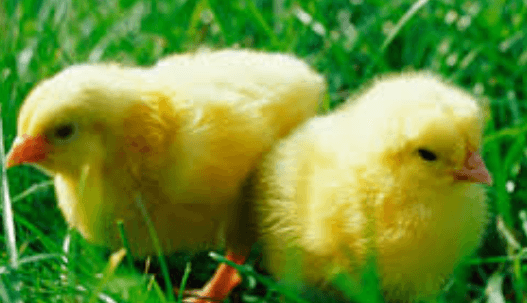
Welcome to ‘Baby:4ejkik28m7u= Chickens’, where the freedom to raise and care for your own flock of chickens awaits. This guide will provide you with essential information on selecting the right breed, creating a suitable brooder environment, ensuring proper feeding and watering practices, as well as maintaining the health and well-being of your feathered companions.
Whether you are a seasoned poultry enthusiast or embarking on this journey for the first time, this resource will equip you with the knowledge and tools necessary to nurture your chickens with care and respect. Join us in embracing the freedom and joy that comes with raising these remarkable creatures.
Choosing the Right Breed
The selection of the appropriate breed is a critical decision when raising baby chickens. Different breeds exhibit unique characteristics, such as temperament, size, and egg production. Understanding these breed specifics is essential for successful poultry farming.
For instance, breeds like Rhode Island Reds are known for their high egg production rates, making them ideal for those focusing on maximizing egg yields. Consider these factors carefully to meet your specific farming goals.
See also: Drawing:Zdi31w8ppza= Girl
Setting Up the Brooder
When setting up a brooder for baby chickens, it is crucial to provide a warm and secure environment for their growth and development. Temperature control is essential, maintaining a range of 95-100°F for the first week and then decreasing by 5°F each week.
Bedding options like pine shavings or paper towels should be used, ensuring cleanliness and comfort for the chicks as they grow.
Feeding and Watering Basics
To properly nourish baby chickens, it is essential to provide a balanced diet and access to clean water. Establish feeding schedules to meet their hydration needs.
Choose appropriate feeder options and waterer types to ensure easy access for the chicks. Consistent access to fresh water and a well-rounded diet are crucial for the health and growth of baby chickens.
Health and Care Tips
Regularly monitoring the health and well-being of baby chickens is essential for ensuring their optimal growth and development. Disease prevention through vaccination and parasite control are crucial aspects of their care.
Implementing proper hygiene practices in their living environment helps maintain a healthy flock. By staying vigilant and proactive in these areas, chicken owners can contribute significantly to the overall well-being of their feathered friends.
Conclusion
In conclusion, choosing the right breed of baby chickens, setting up a proper brooder, and ensuring proper feeding and watering are essential for their health and care.
One interesting statistic is that a baby chicken can drink up to 1 liter of water per week. This highlights the importance of providing adequate hydration for their well-being.
By following these tips, you can successfully raise healthy and happy baby chickens.



